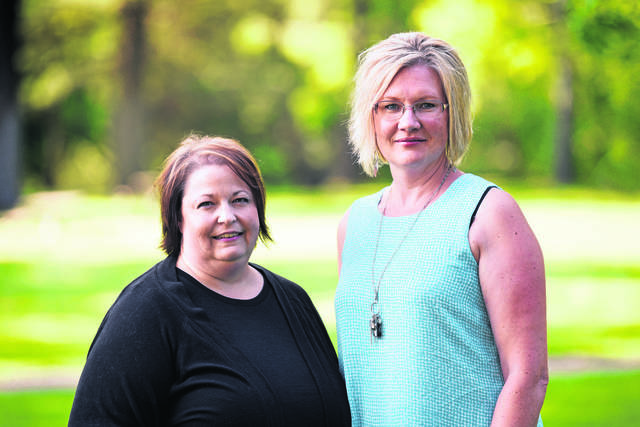https://naviga.triblive.com/opinion/colleen-hroncich-first-amendment-on-docket-at-supreme-court/
Colleen Hroncich: First Amendment on docket at Supreme Court

Single mother Kendra Espinoza never dreamed that sending her daughters to a Christian school in Kalispell, Mont., would lead her to the national stage. But last week, her lawsuit, Espinoza v. Montana Department of Revenue, was argued before the U.S. Supreme Court, and its far-reaching implications could impact Pennsylvanians’ education options.
Then, Espinoza learned of a recently enacted program in Montana, similar to Pennsylvania’s tax credit scholarships, that could help her afford tuition for future school years. Her glimmer of hope was short lived, though. Montana’s program bars religious schools, and the state refused to grant her daughters scholarships.
Espinoza felt that amounted to discrimination. She and two other moms in similar situations sued the department with the help of nonprofit law firm the Institute for Justice. But the Montana Supreme Court doubled down, ruling the entire scholarship program unconstitutional in 2018.
The families appealed and are now before the U.S. Supreme Court, arguing that ending the scholarship program because it included religious schools violates the First Amendment.
At issue is the Montana Constitution’s Blaine Amendment, which prohibits the government from giving public funds to religious schools. There are similar provisions in 36 other state constitutions, including Pennsylvania. These amendments trace their roots to the late 1800s, when anti-Catholic sentiment was rampant and Protestant legislators sought to starve them of public funds. Congressman James Blaine and many other anti-Catholic legislators required prospective states to adopt Blaine Amendments in order to be admitted to the union and persuaded many existing states to adopt similar amendments.
Now, the Supreme Court will decide if these provisions violate the U.S. Constitution.
The issues presented in Espinoza are not new to the court. In Zelman v. Simmons-Harris, the Supreme Court upheld an Ohio school voucher program, ruling that it was “neutral with respect to religion” since parents — not the government — are the ones directing government aid to the schools.
And in Trinity Lutheran Church of Columbia Inc. v. Comer, the court found that Missouri’s denial of a church application for new playground surfacing was a violation of the church’s First Amendment protections by “denying a generally available benefit solely on account of the (applicant’s) religious identity.”
If the court follows the same logic, Espinoza and the other Montana moms stand a good chance of winning. Similar to the situation in Zelman, the Montana program was impartial to religion and was designed to help disadvantaged students. Moreover, the ruling in Trinity Lutheran created a precedent for greater scrutiny when the state excludes a church from public benefits.
With these cases setting the stage, the Supreme Court has the opportunity in Espinoza to defend the rights of parents to access public programs without comprising their constitutional rights. As a result, anti-Catholic Blaine Amendments in Montana and dozens of other states, may be laid to rest.
Such an outcome will liberate students across the country — including in Pennsylvania — to pursue broader educational choices that satisfy their needs. While Pennsylvania’s tax credit scholarships pass constitutional muster, removing our Blaine Amendment will open the door to new educational freedoms for students.
Colleen Hroncich is a senior policy analyst for the Commonwealth Foundation (commonwealthfoundation.org).
Copyright ©2026— Trib Total Media, LLC (TribLIVE.com)
